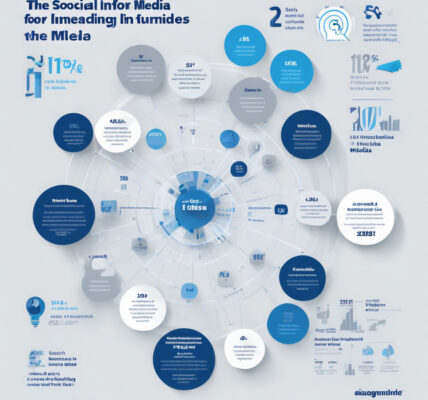Bain & Company, Kantar, and Qualtrics have recently introduced updated Global Standards for Customer Experience (CX) after an extensive 10-week consultation process that garnered input from over 1,500 CX professionals and stakeholders across 23 countries. This initiative aims to create a shared language for excellent customer experience, a critically important aspect in today’s competitive market.
The introduction of these standards is timely, especially in light of Kantar’s research which indicates that companies that prioritize customer experience are 2.5 times more likely to significantly boost their market share compared to those that do not. Furthermore, Qualtrics’ analysis underscores a staggering annual loss of USD $3.7 trillion globally due to inadequate customer experiences, highlighting the dire need for improved standards across all sectors.
The revised standards reflect considerable changes based on the feedback collected during the consultation period. Approximately half of the original standards were refined, with three new standards added. For instance, a corporate respondent from France noted the importance of expanding the cultural dimension within the standards, pointing out that understanding diverse customer backgrounds is critical to effective CX strategies. This sentiment is echoed by other CX professionals who emphasize the need for a holistic approach to customer experience that goes beyond transactional interactions.
The feedback also touched on the scope of the standards. Participants suggested the inclusion of measures to assess the return on investment (ROI) of customer experience initiatives. This is a key area for many organizations, particularly retailers who often struggle to justify the expenditure associated with customer experience enhancements. A Vice President of Customer Experience from a Netherlands-based retailer aptly remarked that a clear roadmap, coupled with committed IT resources, is often the difference between ambition and actual delivery in CX programs.
Rob Huijboom, Kantar’s Global Head of Customer Experience, articulated the transformative impact of the Experience Economy, stating that businesses are increasingly recognizing that the customer journey is paramount to growth. The positive industry response to the Global Standards for CX signals a long-awaited shift toward uniformity in how companies assess and improve customer interactions.
Stanford Swinton, Executive Vice President at Bain & Company and principal author of the standards, underscored the importance of collectively adopting these standards. He stresses that customer experience management goes beyond traditional satisfaction surveys—it should be integrated into the core business strategy to create lasting value.
Brian Stucki, President and COO of Qualtrics, added that these standards serve as a strategic roadmap for organizations looking to differentiate themselves in the marketplace. The agility to adapt swiftly to evolving customer preferences and needs will be vital for businesses aiming to maintain relevance and competitiveness in today’s landscape.
The Global Standards for Customer Experience represent a significant step toward standardized practices that can lead to improved customer satisfaction and loyalty, which are essential for long-term business success. Companies that adopt these standards can position themselves not only to meet but exceed customer expectations, driving higher retention rates and greater market share.
As businesses look to implement these new standards, they are encouraged to focus on creating an emotional connection with their customers, as this has been shown to drive loyalty and positive word-of-mouth. For example, brands like Zappos and Disney have built their reputations on exceptional customer experiences that resonate with their consumers, leading to strong brand loyalty and advocacy.
In conclusion, the collaborative effort from Bain, Kantar, and Qualtrics to establish Global Standards for Customer Experience sets a new benchmark for industries worldwide. As organizations begin to adopt these standards, they not only enhance their customer experience offerings but also foster a culture of continuous improvement that is essential in today’s fast-paced market.












